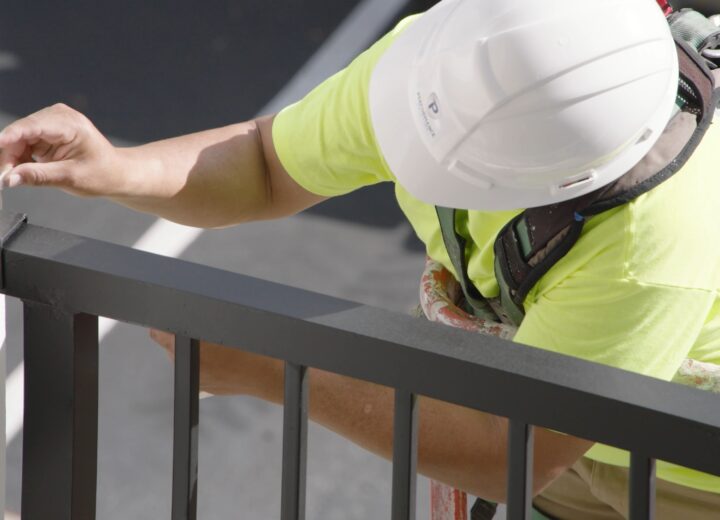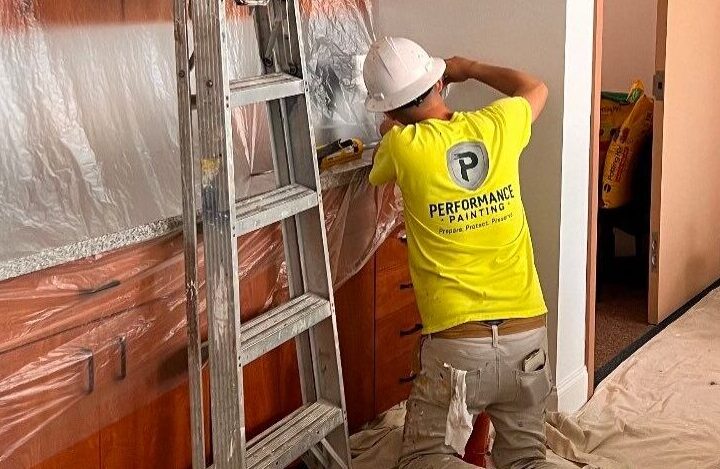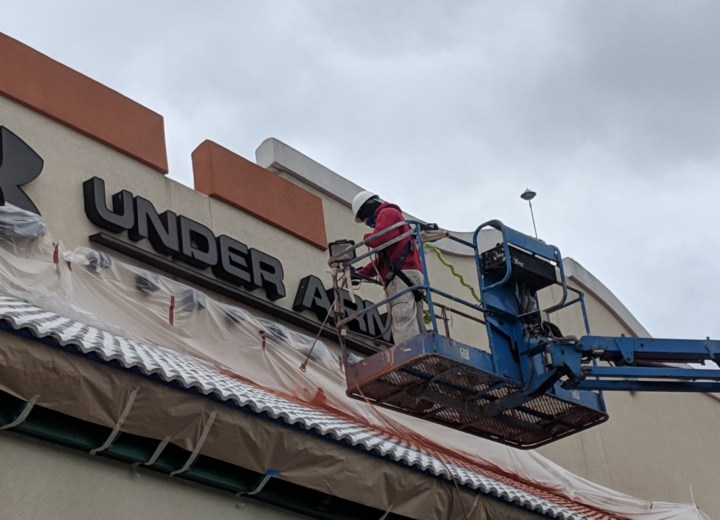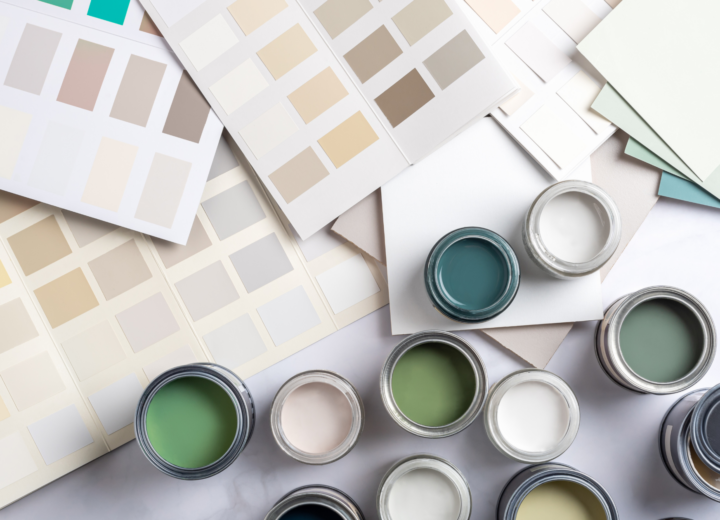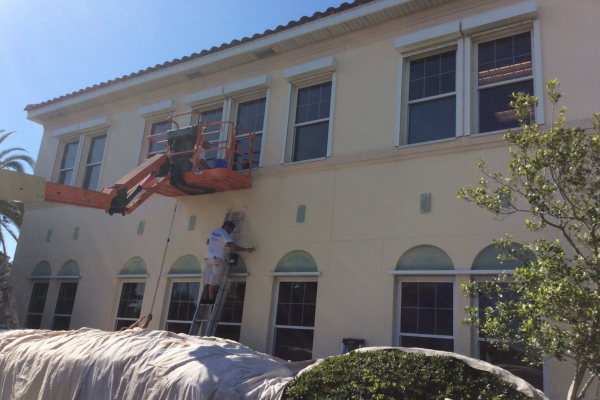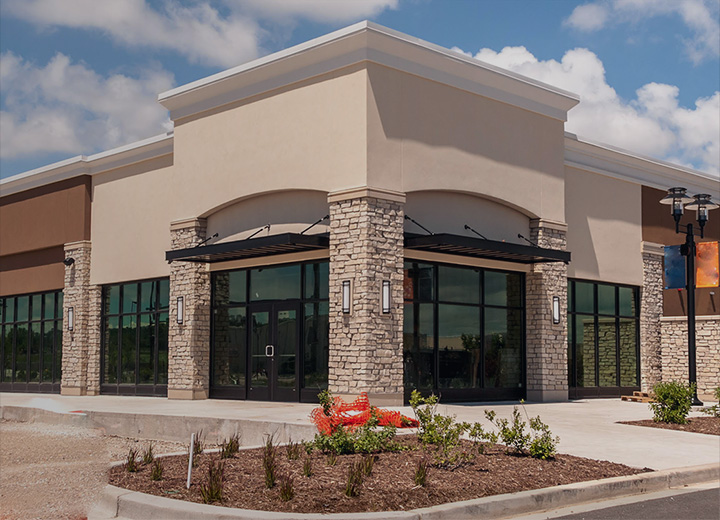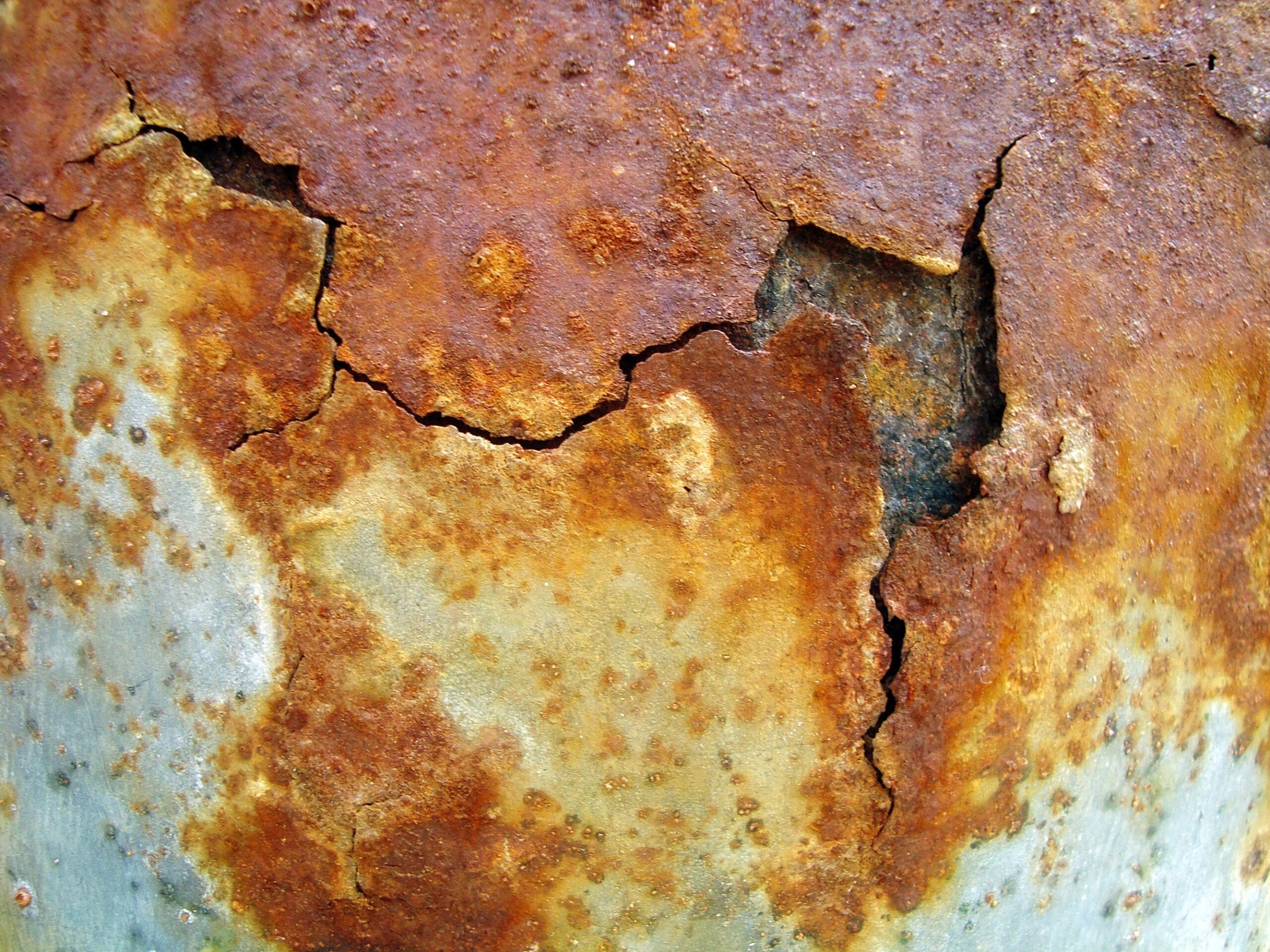 Corrosion is the gradual destruction of materials by natural interactions with the environment. Corrosion arises from chemical or electrochemical interactions that are happening all the time.
Corrosion is the gradual destruction of materials by natural interactions with the environment. Corrosion arises from chemical or electrochemical interactions that are happening all the time.
Rust is the most common form of corrosion, happening due to oxidization of metal. Oxidization takes place simply because of direct contact between the affected surface and oxygen molecules.
To maintain the performance of industrial materials, a plan to prevent corrosion is essential.
Equipment and surfaces can be defended from some corrosion by maintaining appropriate work conditions – for example, reducing humidity and preventing incidental spillage of corrosive agents.
However, industrial coatings are the most effective and longest lasting approach.
Industrial Coatings Use Advanced Chemistry to Protect Vulnerable Surfaces
Whether you need to protect a piece of equipment, a pipe, a wall, or flooring, the right industrial coating is essential. Coatings provide chemical protection against corrosion on a molecular scale.
Rusting takes place when oxygen in the environment bonds with iron or an alloy that contains iron. Iron forfeits electrons to the oxygen, facilitating oxidization. The rusted surface is much weaker than it was initially and may not stand up to design tolerances.
One of the most common approaches to corrosion prevention is the application of a sacrificial coating. A more reactive metal with a lower rate of corrosion is used to protect the base surface from rust.
This is seen in galvanization, where a thin layer of zinc is applied to steel or iron. The resulting alloy has a far longer service life than unprotected metal. Not only is this a common and affordable procedure, it helps control costs associated with replacement.
The Most Common Industrial Coatings and Their Uses
Industrial coatings shouldn’t be confused with primer, which prepares a surface, or basic paints. Paints for industrial applications provide some protection but are not usually sufficient alone. To maximize performance, the right industrial coating must be matched with the right job.
Although the most attention is devoted to industrial coatings for steel, virtually all materials can be strengthened through appropriate coatings. These include concrete, acrylic, and a variety of others.
Some of the most common industrial coatings include:
1. Thermal Coating
In environments with extremely high or low temperatures, metal can be damaged by expansion or contraction. Likewise, materials that easily weather sustained temperatures can be harmed by sudden fluctuations. The right thermal coating protects surfaces in either of these cases.
2. Powder Coating
These products are advised when you need a coating that does not require a solvent. They are applied by heating a thermoplastic material until it turns into a powder, then applying it to a heated surface. This improves adhesion and further strengthens corrosion defense.
3. PTFE Coating
PTFE – formal name polytetrafluoroethylene – is best known under the Teflon brand name and was discovered by DuPont in 1938. PTFE not only prevents corrosion, but increases mechanical strength for the devices it is applied to.
The versatility of PTFE shouldn’t be underestimated. It is a good go-to coating for a wide range of applications. In addition to anti-corrosion protection, it can resist weathering from ultraviolet rays, many chemical reactions, and some forms of nuclear radiation.
4. Fluoropolymer Coating
These coatings consist of a precise blend of high performance resins and lubricants. They are distinguished by superior friction reduction qualities ideal for temperature extremes. Added dry film lubricant provides outstanding resistance to corrosion and chemical spills.
5. Phenolic Coating
Phenolic coatings enhance surfaces with corrosion protection in high intensity applications, including immersion in many acids, salts, and solvents. It is optimized for high temperatures and relatively low pH environments.
6. Phosphate Coating
Phosphate is used as a conversion coating, meaning it modifies the surface it is applied to. This can enhance paint adhesion or improve performance qualities depending on the formula used. It can also be used as a primer to convert materials into a decorative surface.
7. Zinc Coating
Zinc coatings are available in two main varieties, organic and inorganic. While both will protect steel from corrosion, it’s a good idea to seek out inorganic zinc coatings whenever possible. The nature of the chemical bond allows inorganic coatings to have a higher concentration of zinc.
Matching Coatings to Environmental Conditions in Your Industrial Workplace
The above represents only a small subset of the coatings available.
Coatings should be carefully selected based on a number of factors:
- The materials to be protected (steel, iron, bronze, copper, etc.)
- The specific form of the equipment (pipes, equipment, walls)
- Additional hazards in the environment (temperature, pH level)
- Corrosion or rust-accelerating factors (moisture, abrasion risk)
- Various ways coatings can enhance other performance qualities
The best way to balance all these considerations is to bring your project to experts who understand your industry and goals. For personalized advice, contact the team at Performance Painting Contractors today.

